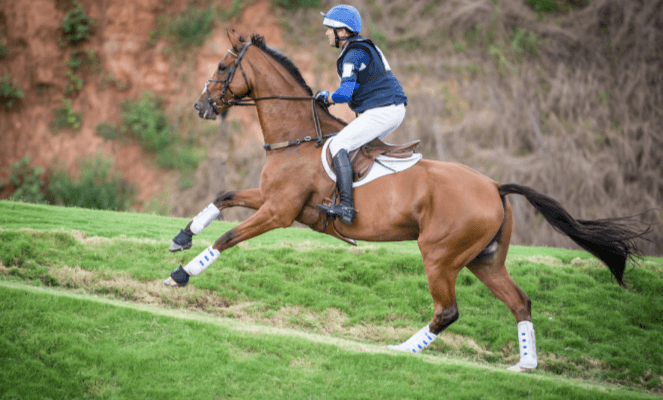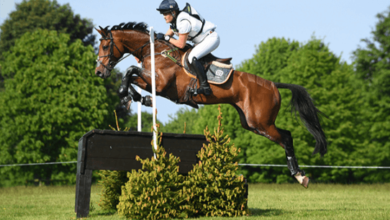What specific training routines do you follow to prepare a horse for a race?

Introduction
Training a horse for a race is a meticulous process that demands expertise, patience, and a deep understanding of equine physiology and psychology. The path to the winner’s circle begins long before the race day, involving carefully crafted routines that develop the horse’s strength, speed, stamina, and mental fortitude. This article delves into the specific training routines followed by professionals to prepare a horse for a race, offering insights into the various stages and techniques involved.
Understanding the Basics of Horse Training
Preparing a racehorse starts with understanding the basics. Horses, like human athletes, require a comprehensive training plan that balances physical workouts, diet, rest, and mental conditioning.
Initial Assessment and Conditioning
Before a horse begins a rigorous training program, an initial assessment is essential. This involves a thorough veterinary check-up to ensure the horse is healthy and fit to start training. Once cleared, the conditioning phase begins, focusing on building a foundation of fitness through light workouts, including walking, trotting, and cantering. This phase helps in developing the horse’s cardiovascular system and muscle tone.
Customized Training Plans
Every horse is unique, and so are their training needs. Customized training plans are tailored based on the horse’s age, breed, temperament, and previous experience. Trainers consider these factors to create a regimen that optimizes the horse’s performance potential.
Building Strength and Endurance
Strength and endurance are crucial for racehorses. Workouts typically include:
- Hill Work: Galloping or trotting up inclines to build muscle and cardiovascular strength.
- Interval Training: Alternating between high-speed sprints and slower paces to enhance stamina and recovery times.
- Long Distance Runs: Gradually increasing the distance to improve endurance without overexertion.
Speed Workouts and Sprinting Drills
To prepare for the explosive speed needed during races, horses undergo specific speed workouts. These include:
- Breeze Work: Short, fast gallops to boost speed and agility.
- Gate Training: Familiarizing the horse with the starting gate to ensure a calm and efficient start.
- Pace Training: Teaching the horse to maintain a consistent speed over varying distances.
Nutritional Regimens
Nutrition plays a pivotal role in a horse’s training program. A balanced diet that includes high-quality hay, grains, and supplements ensures the horse gets the necessary nutrients. Adjustments in diet are made based on the horse’s workload, weight, and health requirements.
Monitoring and Adjusting Workouts
Constant monitoring of the horse’s performance and health is essential. Trainers use heart rate monitors, GPS tracking, and regular veterinary check-ups to assess the horse’s progress. Based on these assessments, workouts are adjusted to prevent overtraining and injuries.
Mental Conditioning and Routine
A racehorse’s mental state is as important as its physical condition. Mental conditioning involves:
- Routine Workouts: Keeping a consistent training schedule to build confidence and reduce anxiety.
- Positive Reinforcement: Using rewards to encourage desired behaviors.
- Exposure to Race Day Environments: Familiarizing the horse with the noise, crowds, and hustle of race day to prevent sensory overload.
Rest and Recovery
Recovery is vital in any training regimen. Horses need adequate rest to recover from intense workouts. This includes:
- Cool Down Periods: Walking the horse after workouts to reduce muscle stiffness.
- Rest Days: Incorporating rest days into the training schedule to allow for muscle recovery.
- Therapeutic Treatments: Using massages, hydrotherapy, and other treatments to aid recovery.
Pre-Race Preparations
As race day approaches, training intensity is tapered to ensure the horse is in peak condition. Pre-race preparations include:
- Light Workouts: Reducing the intensity of workouts to keep the horse fresh.
- Final Health Check: Ensuring the horse is in optimal health.
- Mental Preparation: Keeping the horse calm and focused.
FAQs
What is the ideal age to start training a racehorse?
- Training typically begins at 2 years old, but this can vary based on the horse’s physical development and breed.
How important is diet in a horse’s training routine?
- Diet is crucial as it provides the energy and nutrients necessary for peak performance and recovery.





